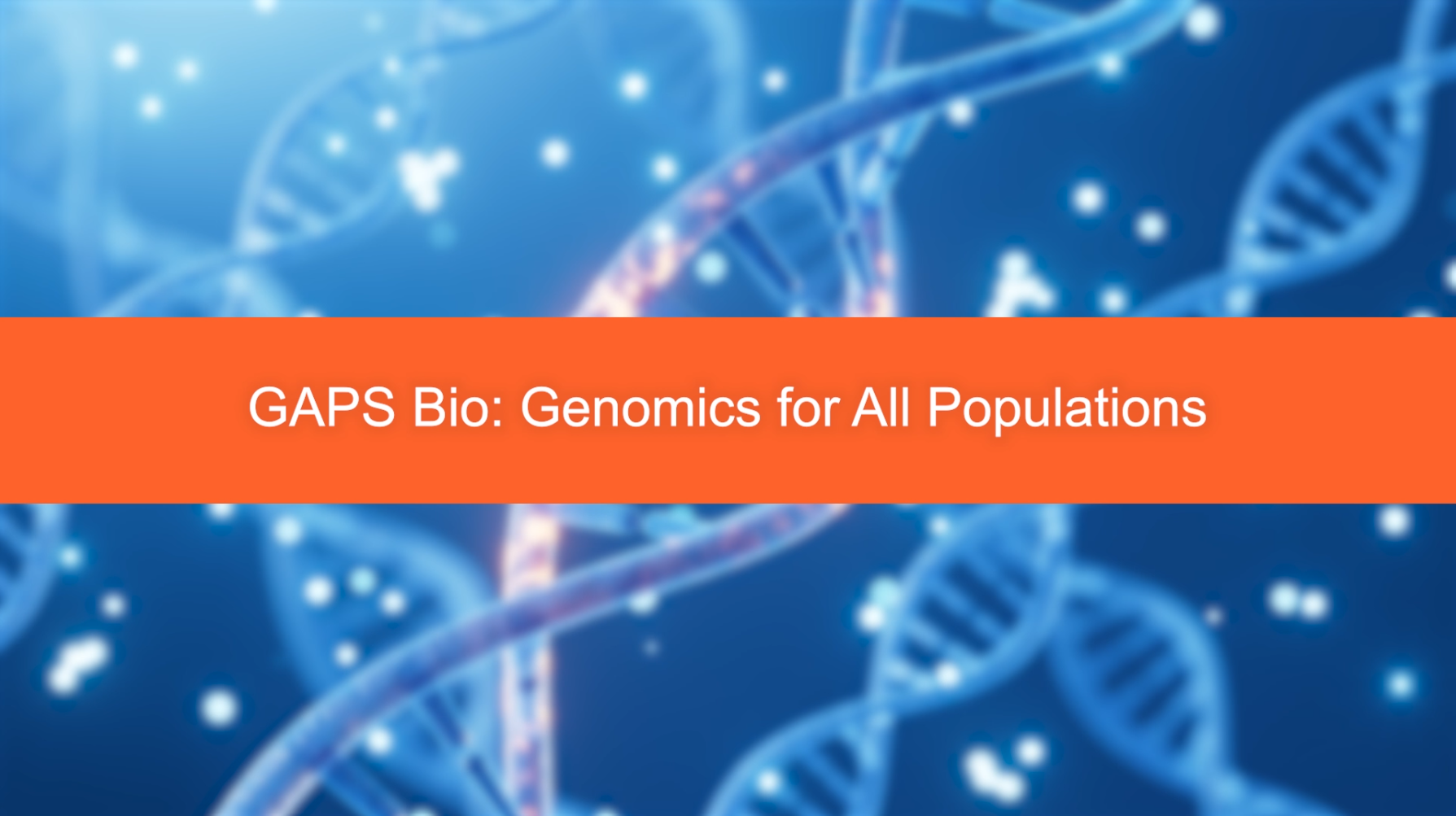Genomics for all populations
Focusing on the enhancement of genomic healthcare in low-income countries, committed to fill the population data gap and advance genomic medicine.
Background
This project started during a study which looked at little children from Central Asia with an undiagnosed disease which local doctors did not have the capacity to diagnose. We studied these patients in Cambridge and when we saw clinical symptoms we immediately thought about lysosomal disease, which is our area of our expertise. We tested every known lysosomal enzyme. All of them were normal. Then we took DNA from both the parent’s and children and we analysed this by exome sequencing. We were able to find a defect in the VPS33A gene on human chromosome 12q24.31, which causes a rare form of lysosomal disease resembling a mucopolysaccharidosis.
These patients are not the only patients with undiagnosed genetic diseases. Around 900 patients have a lysosomal disease in Kazakhstan, but only 7% of them have a proper diagnosis. Many patients remain undiagnosed or misdiagnosed. But really the saddest part is that we have the technology that can solve the problem – it is now much easier than it was in the past to identify the cause of the rare genetic diseases. If we bring this technology to low income countries, we could significantly improve lives of these little children.
Solution overview
The solution needs to be more than just a genetic analysis service to be effective, and we as such we have come up with a holistic approach to reach patient populations in Central Asia.
This includes:
- Population-adapted genetic kits
- Precise analytical systems to capture genomic data
- Development of systems that empower researchers to share diverse data to help us better understand the nature of rare diseases
By taking this approach, we can build a strong foundation for the development of new drugs targeting rare genetic diseases such as lysosomal disease.
Opportunity
We are developing collaborations to create a platform for integration of clinical medicine, fundamental science, and industry expertise in understanding of genetical and pathophysiological mechanisms of common and rare diseases.
Further engagement with this project will help to create a foundation for potential translational development of emerging innovative therapies for lysosomal diseases in underserved populations in Central Asia.
Collaborations are already being established with medical practitioners and geneticists, with the potential to extend this initiative to a global challenge research programme in the field of genetic diseases in Kazakhstan and other countries.
Founder
Dr Elena Pavlova
Elena is a clinician and a research scientist with more than 19 years of experience in genetic diseases. She is pursuing a Master’s degree in Genomic Medicine at the University of Cambridge and holds a PhD in Medicine from the First Moscow State Medical University. She has also completed Postgraduate Certificates in Genomic Medicine and Research and Innovation Leadership at the University of Cambridge.
References
- Figure Ancestry of GWAS adopted from Martin et al 2019 PMID: 30926966
- Pavlova, E. V., et al 2019 PMID: 31070736





